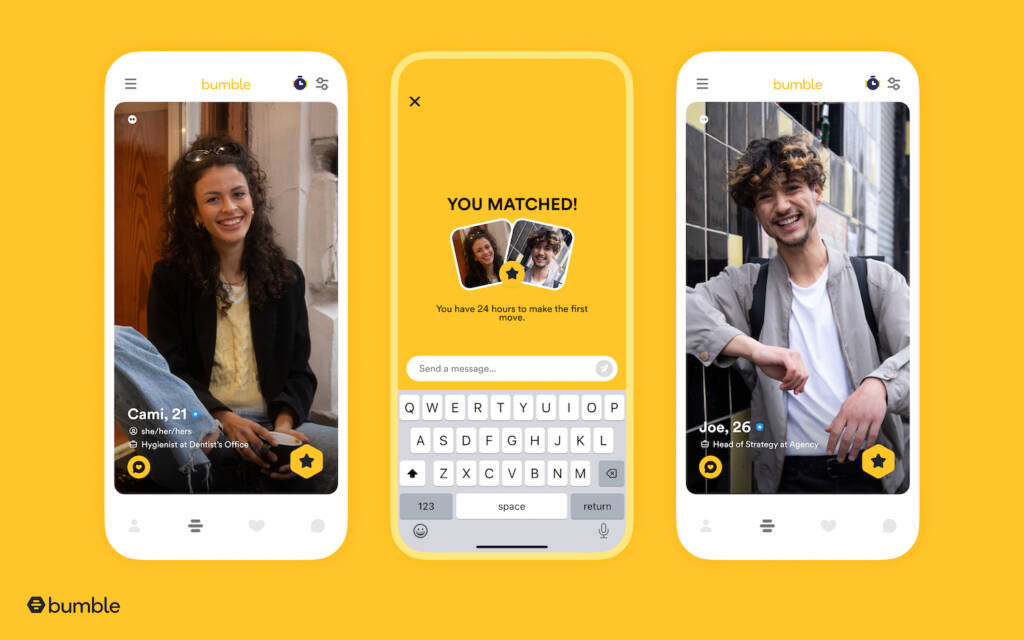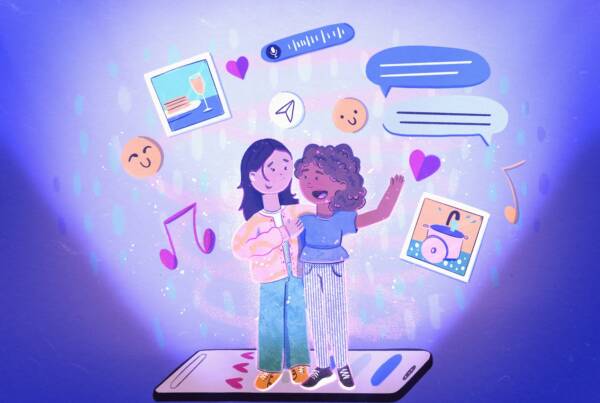Writing by Molly Mckew // photograph by Elizabeth Tsung
 Dry as they may be (or maybe that’s just my year 10 maths trauma), statistics can tell a compelling story about the Gen Z and Millennial experience of sex and relationships. These generations, spanning 18 to 41, have borne the brunt of the cost of living crisis, coming into adulthood as houses and rents become astronomical and day-to-day life becomes increasingly unaffordable. We (writing as a mid-millennial) have also reached adulthood at a time when stressors such job insecurity and climate crisis have created an increasingly unstable and unpredictable political landscape. This has knock on effects on our day-to-day social lives, mental health, and of course, sex and romantic relationships.
Dry as they may be (or maybe that’s just my year 10 maths trauma), statistics can tell a compelling story about the Gen Z and Millennial experience of sex and relationships. These generations, spanning 18 to 41, have borne the brunt of the cost of living crisis, coming into adulthood as houses and rents become astronomical and day-to-day life becomes increasingly unaffordable. We (writing as a mid-millennial) have also reached adulthood at a time when stressors such job insecurity and climate crisis have created an increasingly unstable and unpredictable political landscape. This has knock on effects on our day-to-day social lives, mental health, and of course, sex and romantic relationships.
Dating apps are now about 10 years old. Millennials (ages 26-41) were the first generation to utilize dating apps in their adult dating lives, followed by Gen Z (18-25). The time is ripe to check in with how these apps, combined with generational change, have impacted our experiences of dating and sex.
Bumble, a dating app that puts women in control empowering them to make the first move, has recently released its ‘Bumble Sex Index’, a body of research that provides insight into how Millennials and Gen Z relate to dating and sex.
Many of the results are encouraging, speaking to more relaxed and open definitions of sex which allow for a diversity of gender identities and experiences. The research showed that 35% of Gen Z and 33% of Millennial singles in Australia believe being naked with a partner is an accurate description of sex — sex is not defined by penetration, but is an erotic experience between two people. Further, around half of Gen Z and Millennials believe that oral sex counts as sex. Bumble’s resident sexologist, Chantelle Otten, reflects that these results show how “sex and sexuality are diverse and individual experiences that are unique to each person.” For both Gen Z and Millennials, sex is increasingly not a prescriptive ‘box-ticking’ experience but an individual experience depending on personal choice. Gone are the days (hopefully) of the aspirational first, second and third base of teen movies.
 But it seems there are barriers to having those positive sexual experiences. Bumble’s research illustrates the impacts of mental health and cost of living stressors on the sex lives of both Millennials and Gen Z. The results found that Gen Z and Millennials are being ‘cock-blocked’ by their living situations, or what Bumble has termed home-blocked, as both generations are more likely to still be living at home or in shared housing not amenable to dating or sexual experiences. 68% of Millennials and 65% of Gen Zs report that their sex lives are stymied by their living situation. An unstable employment landscape and the cost of living is also impacting dating and sex — who has spare cash to splash at a bar or on movie tickets when they’re worrying about making rent? More than half of Millennials (53%) and one third of Gen Zs (36%) say their sex life is impacted by economic stressors. When your mind is crowded with worries about basic costs you may not feel your best self — and this means dating comes pretty low on the priority list.
But it seems there are barriers to having those positive sexual experiences. Bumble’s research illustrates the impacts of mental health and cost of living stressors on the sex lives of both Millennials and Gen Z. The results found that Gen Z and Millennials are being ‘cock-blocked’ by their living situations, or what Bumble has termed home-blocked, as both generations are more likely to still be living at home or in shared housing not amenable to dating or sexual experiences. 68% of Millennials and 65% of Gen Zs report that their sex lives are stymied by their living situation. An unstable employment landscape and the cost of living is also impacting dating and sex — who has spare cash to splash at a bar or on movie tickets when they’re worrying about making rent? More than half of Millennials (53%) and one third of Gen Zs (36%) say their sex life is impacted by economic stressors. When your mind is crowded with worries about basic costs you may not feel your best self — and this means dating comes pretty low on the priority list.
Maintaining an active sex and dating life is difficult when you don’t have the space, time, or financial means. This has a knock-on effect on overall wellbeing, which in turn impacts energy levels and self-esteem. This may mean less dates and fewer sexual encounters — a vicious cycle. But as APAC Communications Director at Bumble Lucille McCart points out, the benefits of apps are that you can date from anywhere, for free.
“We shouldn’t be surprised to hear that the rising cost of living has become a major mood killer for many young singles. The benefit of Bumble is that you can ‘date’ from anywhere, which right now might be in your bedroom hiding from nosy roommates or prying parents. But dating doesn’t have to be expensive – use features like Interest Badges to find people with shared passions and hobbies,” says McCart.
While the social and political landscape continues to change, even if in scary and unpredictable ways, the good news is that Gen Z and Millennials, whether on or off dating apps, are thinking deeply and openly about their sex and dating lives — leading, ideally, to more authentic and fun sexual experiences.







This is so fascinating! I’ve definitely noticed a huge difference in my libido since the cost of living has exponentially increased !! Glad I’m not alone
Looove feeling seen by this!